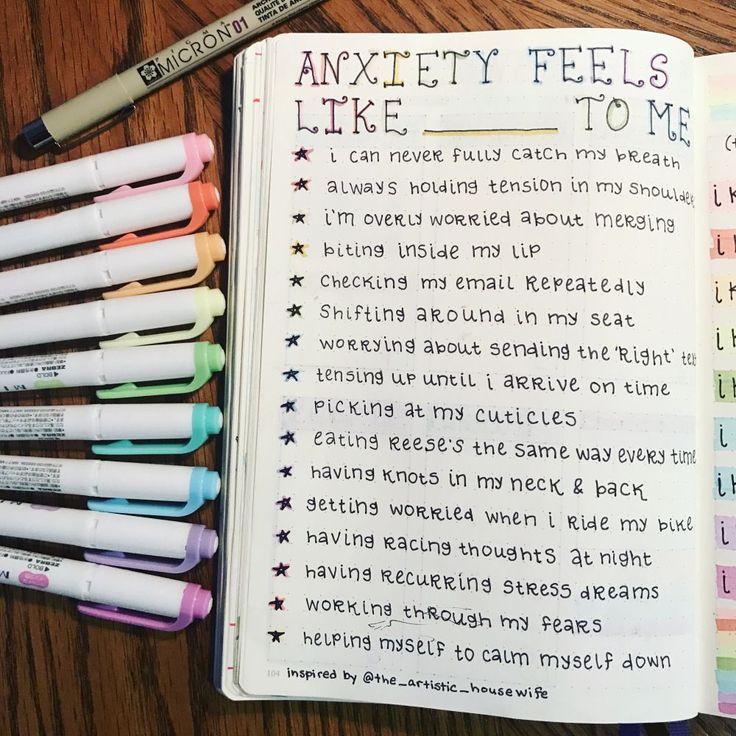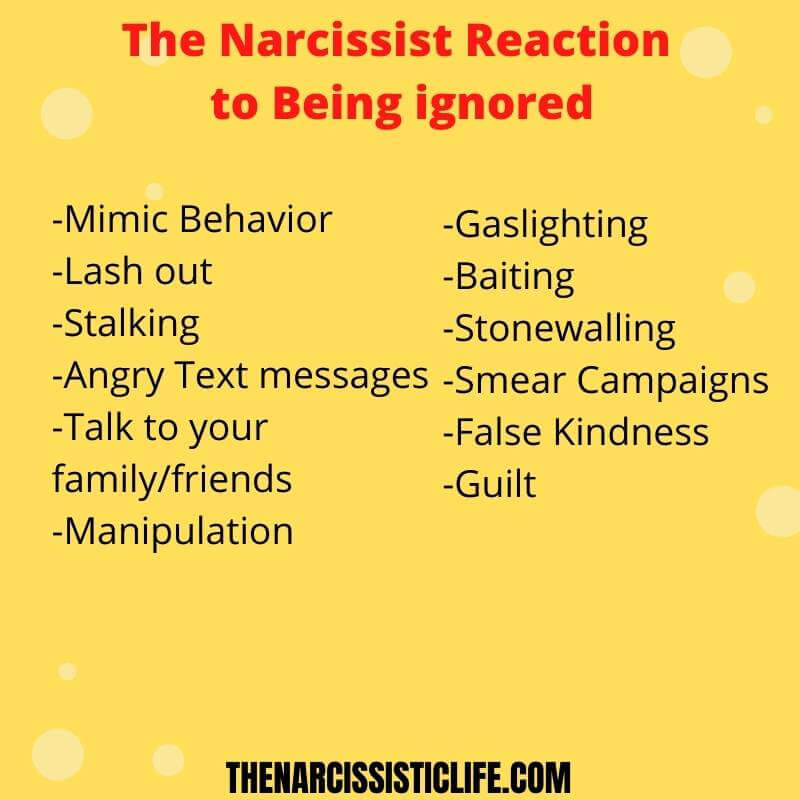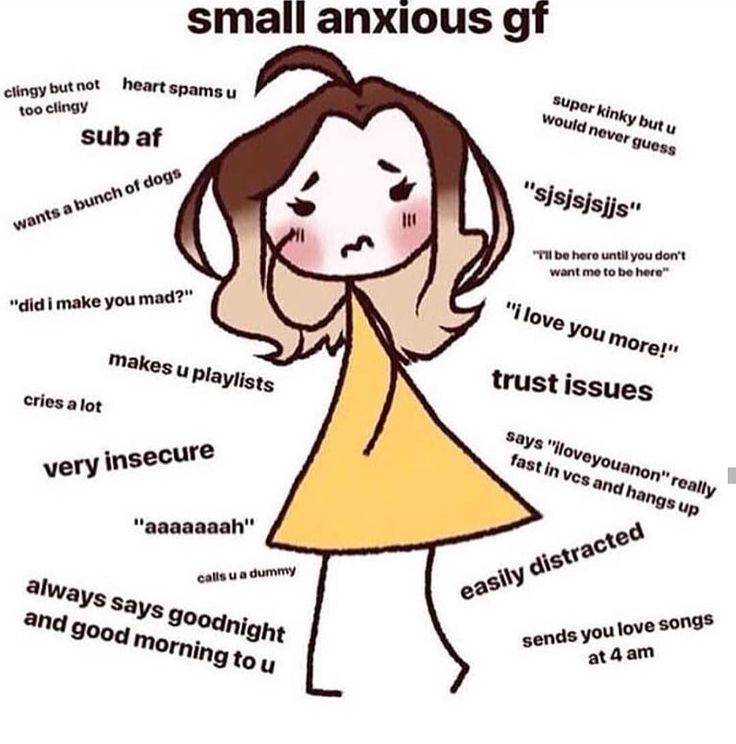Stress relief journaling
How to Use Journaling for Stress Relief
Sometimes, simple coping tactics can help when you’re stressed. Journaling is a habit that may help more than you might expect.
Journaling is an activity many people have enjoyed for decades, whether it’s to organize our thoughts or to nourish writing skills.
Journaling simply means writing down your thoughts and feelings. This seemingly simple act has proven benefits in managing stress and coping with mental health conditions.
Some 2021 research shows that journaling helps reduce stress. And a 2018 study says that journaling is associated with fewer symptoms of anxiety and depression.
A stress relief journal is also known as a stress relief notebook or stress management journal, or an anxiety journal if you live with this condition.
Although journaling may seem like a chore at first, there are many benefits. Here’s why journaling is good for you, and tips to help make it become a habit.
Journaling can be a tool to cope with stress and mental health conditions, such as anxiety and depression.
In fact, 2018 research shows that writing down our deepest feelings and thoughts can improve our physical and psychological well-being.
Journaling may help you feel in control of your emotions. If you live with anxiety or depression, journaling can help you cope with the condition. Journaling can help you:
- identify fears or concerns that may be causing you stress or anxiety
- recognize triggers that exacerbate feelings of stress
- manage your stress more efficiently in the future
- practice positive self-talk to build your confidence
- identify and reduce unhelpful thoughts and behaviors
There are many types of journals that can help you relief stress.
While you can start with a simple notebook and pen, there are other types of journals that can help spark thoughts and creativity. These include:
- bullet journals
- gratitude journals
- calendar journals
- drawing journals
Once you’ve chosen a type of journal, you can consider establishing a routine. There are steps you can take to adopt a journaling habit for stress relief, such as:
There are steps you can take to adopt a journaling habit for stress relief, such as:
Set aside time to journal every day
Setting time to write every day, even if it’s just 5 to 10 minutes, can be helpful.
Though it can sometimes be difficult to carve out time for journaling, even spending a minute or two journaling each day can provide benefits.
Creating a schedule can help you to stick with the habit, and journaling can help you decompress and achieve mental clarity.
Keep it simple
It can be a fun notebook, a proper journal, or a plain notepad or spiral notebook — the medium in which you journal doesn’t matter.
You may also find it easier and more helpful to keep a journal on your smartphone, either through a designated journaling app or on your Notes app.
Choose the format that best suits you and with which you feel most comfortable for writing down your thoughts and feelings.
And, remember, just keeping a pen and paper — or your phone — on hand is key for developing and nourishing the habit of journaling.
Keep it free of rules
Creating a routine for journaling is important. But if it’s too rigid, doesn’t work well for you, and ends up creating more stress, you have another option.
You can also journal whenever the mood strikes.
A key part of journaling is consistency, but not necessarily structure. Regular journaling may allow you to identify themes quickly.
Additionally, your journal doesn’t need to follow a certain structure when it comes to how you write. Just write your words and ideas as they flow and come to you. Don’t worry about spelling and grammar errors.
You can also use the space to draw if that helps to improve your mood or spark creativity.
Decide if you want to share it
You can use your journal as you see fit. While you don’t have to share your journal with anyone, you may want to share some of your thoughts with your partner, close friends, or family members.
This can be especially helpful if you have trouble talking about your feelings and would rather write them down.
Consider bringing it to therapy
Even if you don’t show your therapist your complete writings, bringing your journal to therapy or talking about it can be helpful during sessions.
Chances are, your therapist will encourage this activity, especially if it’s having a positive effect on your mental health.
Journaling may have positive effects for people who are experiencing stress or symptoms of some mental health conditions.
It may sound like a chore at first, but you may find that journaling can help you create order when it feels like your world is in chaos.
From creating a habit and a routine to choosing pen and paper or a phone, the steps to journaling are simple but have a great potential to improve your mental well-being.
Journaling is only one step on the path to healthy habits and self-care. Eating a balanced diet, exercising regularly, and getting enough sleep are lifestyle habits that are key to your well-being.
By focusing on self-care in all aspects of your life, you can work to get a handle on life’s daily stressors.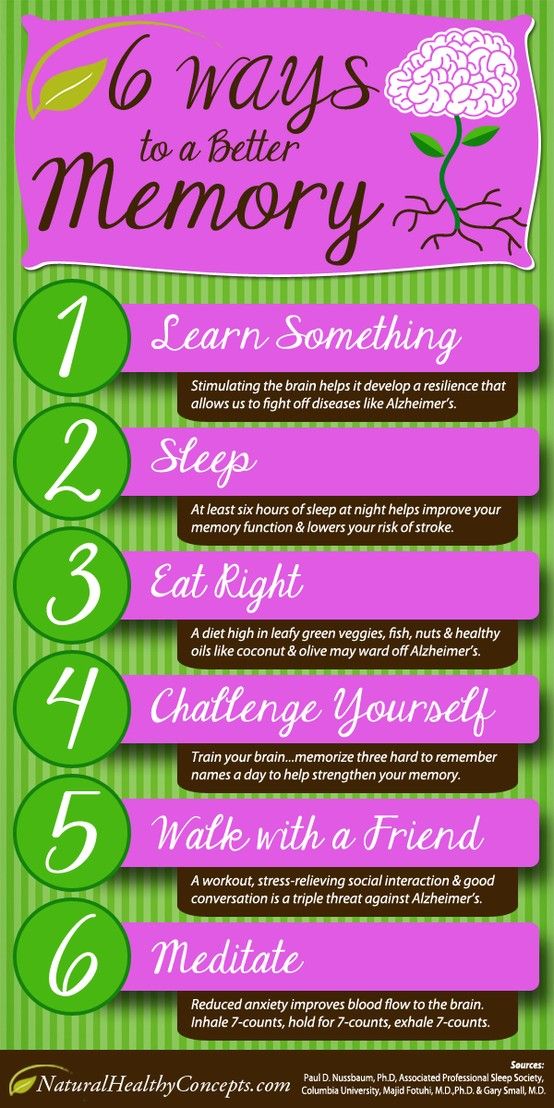
Looking for a therapist but not sure where to start? Psych Central’s How to Find Mental Health Support resource can help.
How to Use Journaling for Stress Relief
Sometimes, simple coping tactics can help when you’re stressed. Journaling is a habit that may help more than you might expect.
Journaling is an activity many people have enjoyed for decades, whether it’s to organize our thoughts or to nourish writing skills.
Journaling simply means writing down your thoughts and feelings. This seemingly simple act has proven benefits in managing stress and coping with mental health conditions.
Some 2021 research shows that journaling helps reduce stress. And a 2018 study says that journaling is associated with fewer symptoms of anxiety and depression.
A stress relief journal is also known as a stress relief notebook or stress management journal, or an anxiety journal if you live with this condition.
Although journaling may seem like a chore at first, there are many benefits. Here’s why journaling is good for you, and tips to help make it become a habit.
Here’s why journaling is good for you, and tips to help make it become a habit.
Journaling can be a tool to cope with stress and mental health conditions, such as anxiety and depression.
In fact, 2018 research shows that writing down our deepest feelings and thoughts can improve our physical and psychological well-being.
Journaling may help you feel in control of your emotions. If you live with anxiety or depression, journaling can help you cope with the condition. Journaling can help you:
- identify fears or concerns that may be causing you stress or anxiety
- recognize triggers that exacerbate feelings of stress
- manage your stress more efficiently in the future
- practice positive self-talk to build your confidence
- identify and reduce unhelpful thoughts and behaviors
There are many types of journals that can help you relief stress.
While you can start with a simple notebook and pen, there are other types of journals that can help spark thoughts and creativity.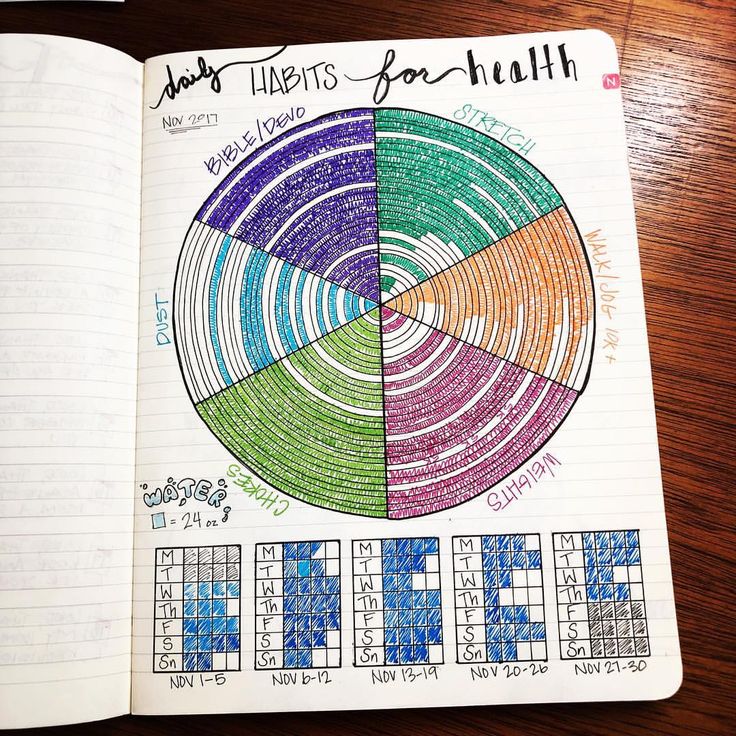 These include:
These include:
- bullet journals
- gratitude journals
- calendar journals
- drawing journals
Once you’ve chosen a type of journal, you can consider establishing a routine. There are steps you can take to adopt a journaling habit for stress relief, such as:
Set aside time to journal every day
Setting time to write every day, even if it’s just 5 to 10 minutes, can be helpful.
Though it can sometimes be difficult to carve out time for journaling, even spending a minute or two journaling each day can provide benefits.
Creating a schedule can help you to stick with the habit, and journaling can help you decompress and achieve mental clarity.
Keep it simple
It can be a fun notebook, a proper journal, or a plain notepad or spiral notebook — the medium in which you journal doesn’t matter.
You may also find it easier and more helpful to keep a journal on your smartphone, either through a designated journaling app or on your Notes app.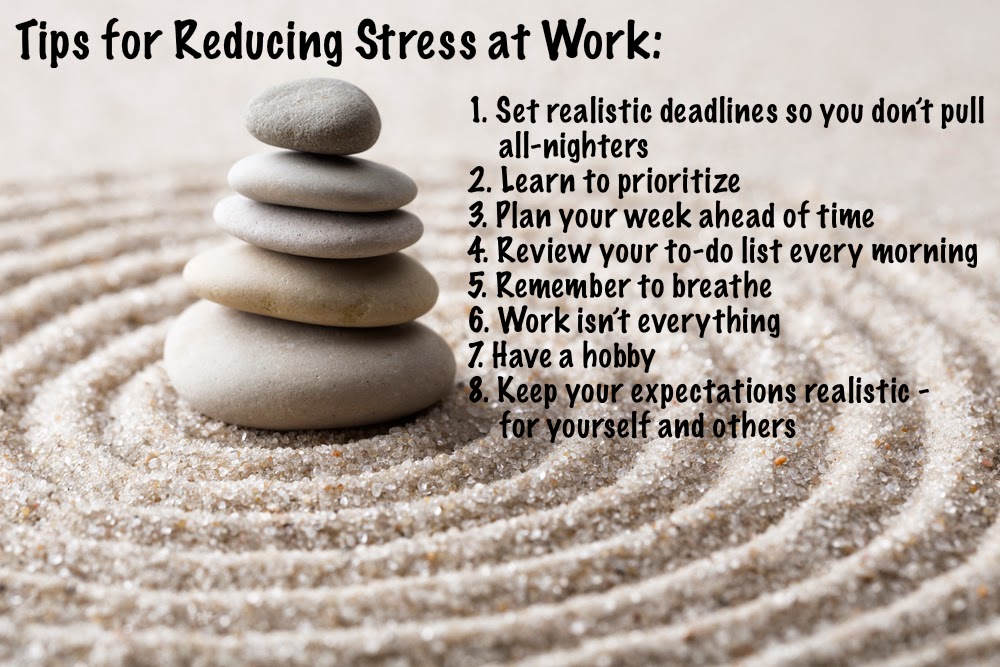
Choose the format that best suits you and with which you feel most comfortable for writing down your thoughts and feelings.
And, remember, just keeping a pen and paper — or your phone — on hand is key for developing and nourishing the habit of journaling.
Keep it free of rules
Creating a routine for journaling is important. But if it’s too rigid, doesn’t work well for you, and ends up creating more stress, you have another option.
You can also journal whenever the mood strikes.
A key part of journaling is consistency, but not necessarily structure. Regular journaling may allow you to identify themes quickly.
Additionally, your journal doesn’t need to follow a certain structure when it comes to how you write. Just write your words and ideas as they flow and come to you. Don’t worry about spelling and grammar errors.
You can also use the space to draw if that helps to improve your mood or spark creativity.
Decide if you want to share it
You can use your journal as you see fit.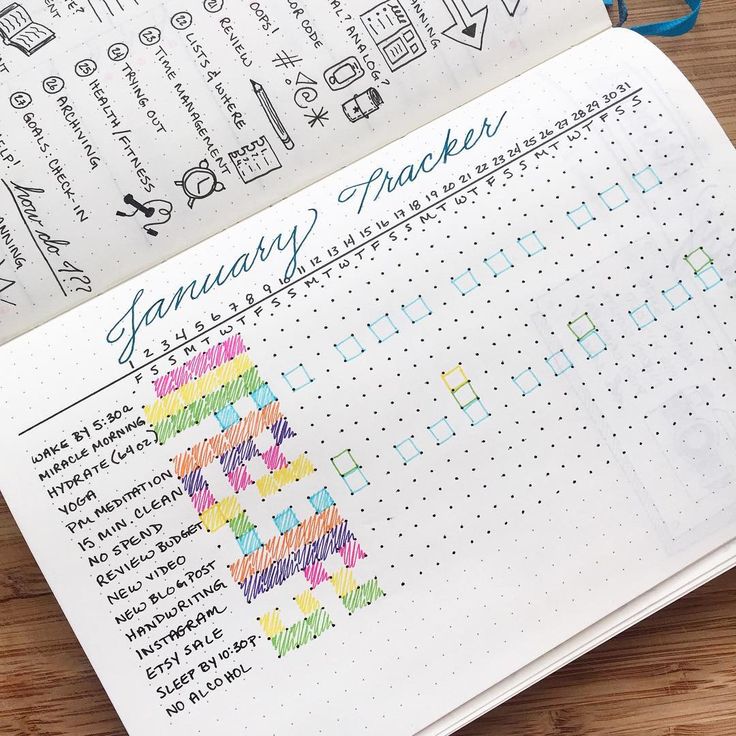 While you don’t have to share your journal with anyone, you may want to share some of your thoughts with your partner, close friends, or family members.
While you don’t have to share your journal with anyone, you may want to share some of your thoughts with your partner, close friends, or family members.
This can be especially helpful if you have trouble talking about your feelings and would rather write them down.
Consider bringing it to therapy
Even if you don’t show your therapist your complete writings, bringing your journal to therapy or talking about it can be helpful during sessions.
Chances are, your therapist will encourage this activity, especially if it’s having a positive effect on your mental health.
Journaling may have positive effects for people who are experiencing stress or symptoms of some mental health conditions.
It may sound like a chore at first, but you may find that journaling can help you create order when it feels like your world is in chaos.
From creating a habit and a routine to choosing pen and paper or a phone, the steps to journaling are simple but have a great potential to improve your mental well-being.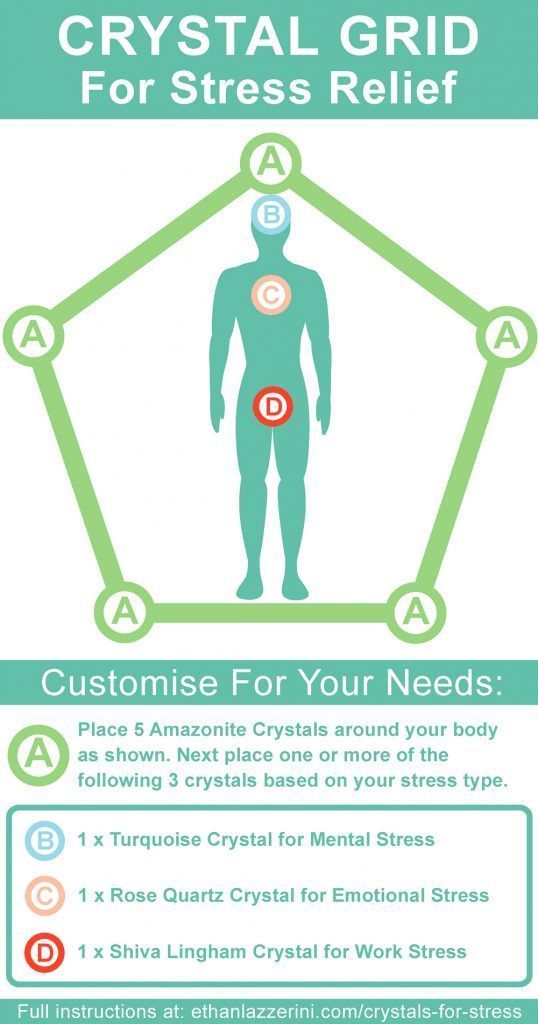
Journaling is only one step on the path to healthy habits and self-care. Eating a balanced diet, exercising regularly, and getting enough sleep are lifestyle habits that are key to your well-being.
By focusing on self-care in all aspects of your life, you can work to get a handle on life’s daily stressors.
Looking for a therapist but not sure where to start? Psych Central’s How to Find Mental Health Support resource can help.
Diary to reduce anxiety. How Journaling Helps Relieve Stress. • FamilySearch
Society functions at a frantic pace. We face the challenges of organizing our time and spending energy, which affects our sleep patterns and eating habits. For some people, the future may seem extremely vague or uncertain. If you are tormented by disturbing thoughts, you are not alone.
It is important to give your mind and body the resources to cope with everyday tasks. One resource you can turn to is keeping an anxiety diary.*
What is an anxiety diary and how can it help?
The Anxiety Diary is a place where you can write down your feelings about stress, fear or insecurity.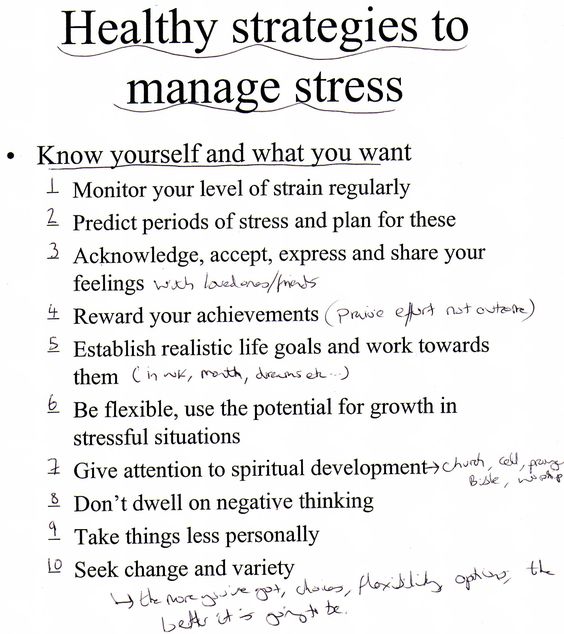 The diary does not require special design; enough space to write down your thoughts.
The diary does not require special design; enough space to write down your thoughts.
Journaling has been proven to help people cope with stress. This gives you time to sort through all the thoughts and emotions that come with anxiety. Regular journaling can also help you get to the bottom of the problem that caused your feelings. The more examples you write down, the more patterns you discover. nine0003
Remember that anxiety is the body's reaction to a detected danger. If you can pinpoint exactly what is causing your body to react in this way, you will be able to find more ways to deal with the situation. The following diary tips can help relieve stress; Below you will find our guide to keeping an anxiety diary.
How to write about feelings?
Thoughts and feelings are sometimes difficult to express on paper. They are often intimidating and in some cases can even sound like strangers. Remember that the purpose of an anxiety diary is simply to record experiences.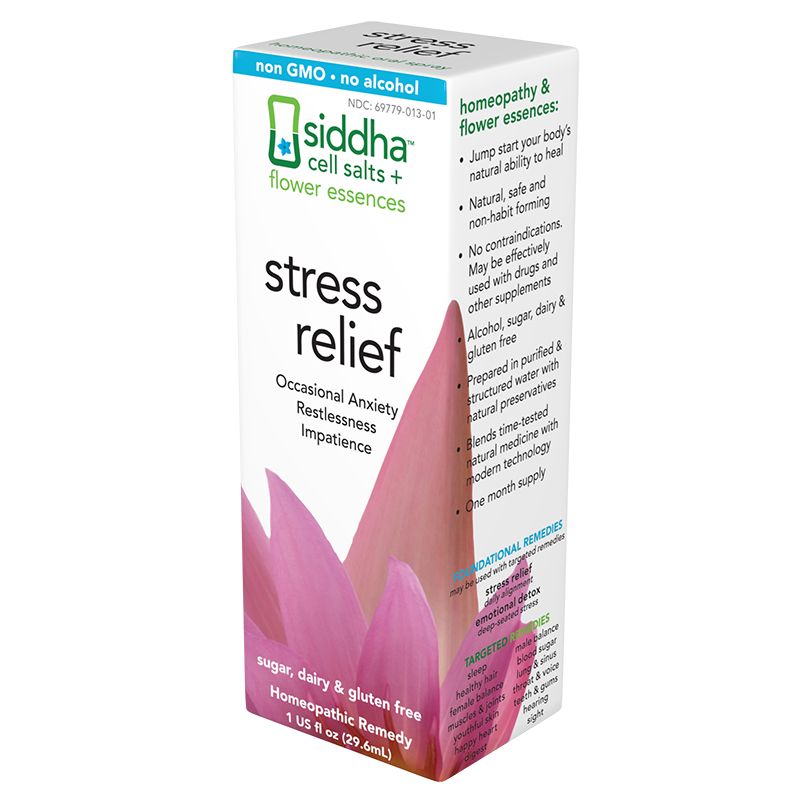 It's often more helpful to acknowledge these emotions than to try to suppress them, so write down your genuine feelings and fears. nine0003
It's often more helpful to acknowledge these emotions than to try to suppress them, so write down your genuine feelings and fears. nine0003
In our article on developing resilience, we discussed three ways to increase resilience. Based on what is known about resilience, here is what we suggest in the practice of keeping an anxiety diary.
Start where you are
Start by describing what is happening right now. Returning to the present can help you see the bigger picture of reality. Ask yourself: “What is happening to me right now??” Write down some of the fears and anxieties you are experiencing. In the next step, you will revisit these thoughts. nine0003
Rethink the story
Now that you have considered what is happening now to you - the story you are telling yourself - it is time to rethink everything. Try to find ways to challenge your fears. Ask yourself how real are they? Is there a positive aspect to what is happening? What personal qualities have helped you in difficult situations in the past? Is it possible that this fear you feel will give you the impetus to achieve greater success?
Make sure there is balance in your reimagined story.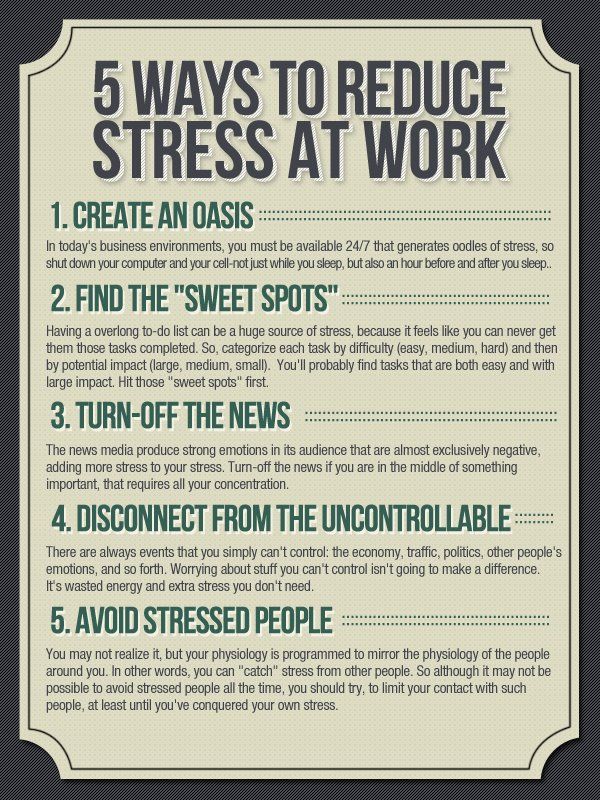 There is nothing wrong with admitting that everything is complicated; otherwise, you may be caught in a network of toxic positivity that will only make your anxiety worse in the long run. Research shows that people who rethink their situations, noticing the good, and bad in them, become more resilient to stress.
There is nothing wrong with admitting that everything is complicated; otherwise, you may be caught in a network of toxic positivity that will only make your anxiety worse in the long run. Research shows that people who rethink their situations, noticing the good, and bad in them, become more resilient to stress.
Communicate and strengthen connections during difficult times
Communication is an important source of strength when a person is struggling with anxiety and fears. But what if the alarm is 9Is 0027 preventing you from communicating with ? Even if you're overly anxious and unable to communicate with anyone, you still have a few options for staying in touch.
For example, you can connect with your family members, living or deceased, by reading their diaries and stories, or even just looking at family photos! You can also review your favorite moments of love and warmth and write about how you felt during those times. (These journaling tips will help you get started.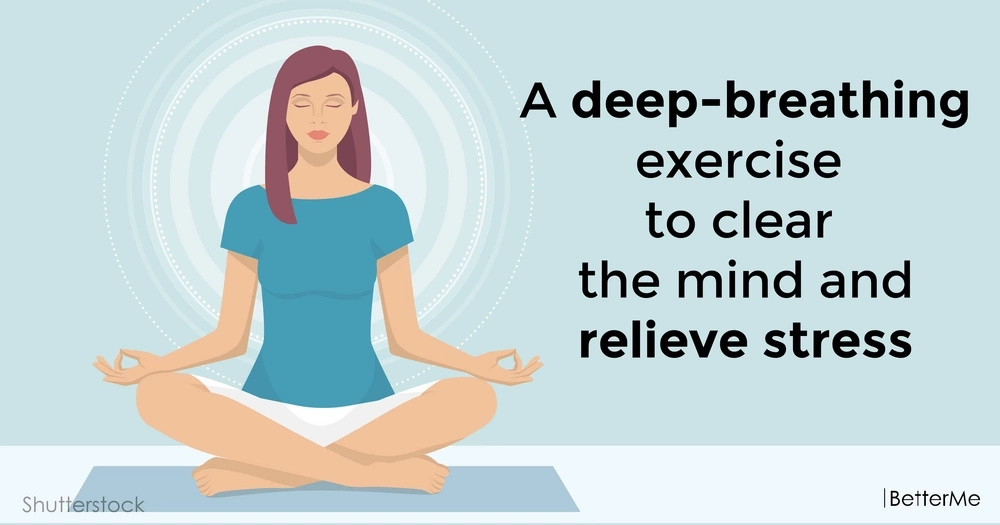 ) Warm, nostalgic feelings connecting you to other people can give you enough motivation to reach out to those around you for support. nine0003
) Warm, nostalgic feelings connecting you to other people can give you enough motivation to reach out to those around you for support. nine0003
When you are ready, consider reaching out to those you trust and share your experiences. Even hearing their stories can be a source of strength. Try using the #52Stories template to find out what questions to ask.
The impact of your diary on future generations
Anxiety diary can also be a resource for other people. Of course, it may seem intimidating that these dark moments are recorded somewhere. However, we as humans crave the kind of connection that comes from common challenges, especially when we see that someone has already managed to solve similar problems. nine0003
We are drawn to our ancestors because they were people like us. They had difficulties that they struggled to overcome, and their stories strengthen us in our own trials. Don't underestimate your own history. Since anxiety is a widespread problem in society, you can be an inspiration to someone.
*While an anxiety diary can be an effective stress management tool, it is not a substitute for a doctor.
Related Articles
How Journaling Helps Relieve Stress
Writing down your thoughts, dreams, feelings, and ideas is a healthy and beneficial practice for overall well-being. Writing helps you get to the heart of the matter and get everything that's bothering you out of your head and onto the page. Writing about heartache, confusing feelings after a fight, or the turmoil in your life after a big move helps make those feelings real.
Recognizing and overcoming difficult emotions allows you to begin the healing process. Journaling is a healthy outlet and a positive mechanism for overcoming overwhelming emotions. Journaling is a useful tool in mental health management, according to researchers at the University of Rochester Medical Center. If you are on a journey of healing from loss, grief, addiction, or are genuinely interested in personal growth, expressive writing is a helpful start. nineOl000 manifesto
nineOl000 manifesto
Benefits of journaling
Here are some of the benefits of journaling:
- Reduces stress.
- Helps with depression and anxiety.
- Helps prioritize fears and concerns.
- Provides the ability to recognize triggers.
- Provides space for positive encouragement and self-talk.
Benefits of note-taking
If these benefits of journaling aren't enough to convince you to pick up a pen or pencil, did you know there's evidence that simply writing down your intentions and revisiting your goals can greatly improve your mental health? ? Here are some of the benefits of keeping records:
- Increases blood pressure.
- Improves mood.
- Increases the feeling of well-being.
- Improves the functioning of the immune system.
- Improves memory.

Record keeping can also be used as a recovery or stress relief tool during or immediately after a difficult situation. With the help of writing, you can interrupt negative thought patterns and rewire your brain to find useful solutions. Journaling is a healthy therapeutic tool for healing, growth, and change, according to the Center for Journal Therapy, an education and training center.0003
This learning center offers the following tips for journaling:
- Keep a journal to yourself.
- Meditate before writing.
- Date each entry.
- Save and reread what you have written.
- Write fast.
- Write without censorship or editing.
- Give yourself permission to tell yourself the truth.
- Write naturally, the way you want.
Journaling is a rule-free zone
One of the great things about journaling, whether you're just starting out, writing occasionally, or writing continuously over the years, is that there are no rules.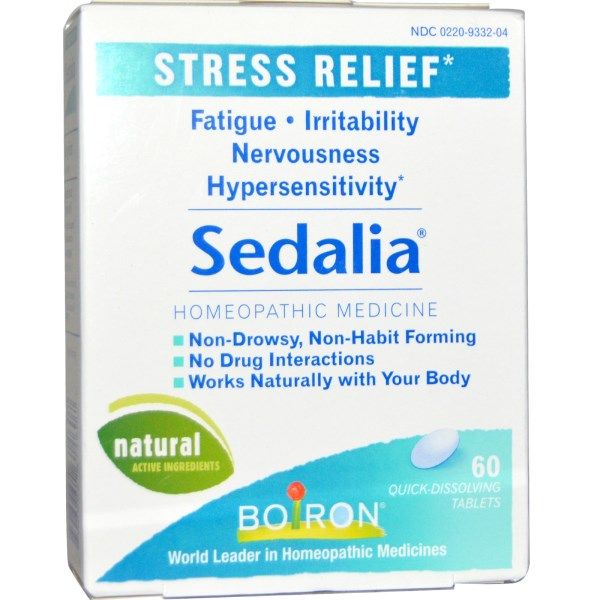 When starting to keep a diary, you might think about the following:
When starting to keep a diary, you might think about the following:
- Will you use special diaries for a specific topic or a general diary in which you can write anything you want?
- Will your diary be lined or blank? nine0066
- Will it contain hints or quotes, or will your diary be bare and just for writing?
- Will it be a private, locked diary kept in a safe place, or are you comfortable when someone reads what you write?
- Will you write your thoughts and feelings by hand or type them into a computer?
- Will you write for yourself or share your blog entries for reporting?
Remember that there are no rules, but there are a lot of opportunities. Find what works for you and keep writing. nine0003
Tips and Techniques for Journaling
If you are ready to start journaling and benefit from writing, let the following techniques encourage you to develop sustainable journaling practice. Whether you write daily for a lined magazine, start a blog, or create a special ritual, here are some tips on how to implement this beneficial practice into your daily life.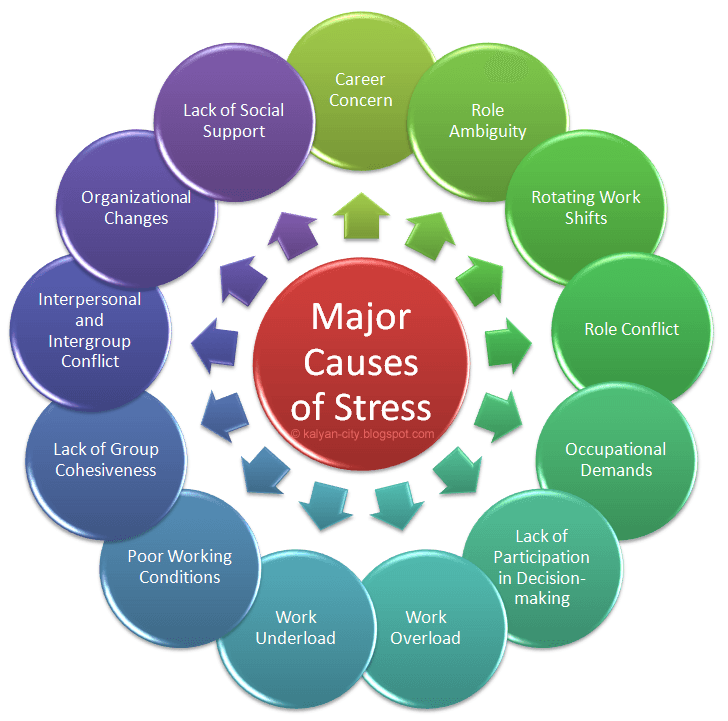
1. Complete freedom of thought
Set a timer for 10, 20 or 30 minutes and let your thoughts flow. Put a pen on paper or your fingertips on a keyboard and enjoy a process called stream of consciousness. Write with full dedication! Instead of censoring yourself or writing for a specific purpose, write for the sake of writing. You may find yourself repetitive or looping. If this happens, take a breath and keep writing. Write your name! Write "I don't know what to write." Write, write, write. You may find that you have something to say. When you're done, reread what you've written and highlight any notable conclusions. nine0003
2. Write a letter
Write a letter with absolutely no intention of sending it to the person or people you wrote it to. If you're going through a divorce, separation, or healing from relationship trauma, write a letter to someone involved. (Reminder: DO NOT SEND it.) It can be helpful to write a letter, read it aloud to yourself or a friend, and then burn it. If you are experiencing loss or death, write a letter in which you tell the departed person how you feel, what you are missing, what you have learned, what you forgive or cannot yet forgive, and how they will live through you. nine0003
If you are experiencing loss or death, write a letter in which you tell the departed person how you feel, what you are missing, what you have learned, what you forgive or cannot yet forgive, and how they will live through you. nine0003
These letters are for YOU. If you're dealing with addiction, fear, anxiety, grief, or depression, write a letter to those big, heavy concepts. Tell your anxiety to go away. Ask the addiction to leave you alone. Thank depression for stopping by and send it on its way. If you need motivation, write a cheerful letter to joy, bliss, optimism, positivity, or perseverance. If you enjoy this practice, you may want to start a special diary in which to keep your letters. nine0003
3. Create a manifesto
A manifesto is a personal or public statement of who you are, your core values, and a call to act on your beliefs. Time spent thinking about how you are going to live can help give your life meaning and direction. Take some time to think about and write down your priorities. Get motivated and inspired by any thoughts from your diary. Once you have your manifesto written or printed on a beautiful poster, hang it where you will be reminded and guided by your intentions on a daily basis. The next step? Live it! nine0003
Get motivated and inspired by any thoughts from your diary. Once you have your manifesto written or printed on a beautiful poster, hang it where you will be reminded and guided by your intentions on a daily basis. The next step? Live it! nine0003
4. Write Morning Pages
Start writing three pages every morning every day. Mark the date, time, day, and place at the top of each diary entry. When you finish your diary, go back and reread your pages and highlight any thoughts and actions you need to take. Don't like morning? Make a diary at noon! Or make "evening" pages. Instead of making excuses, try it for 30 days and see how it goes. nine0003
5. Write a birthday card for yourself
Write a letter to yourself for your birthday, listing your personal dreams, desires and goals for the next one, five and 10 years of your life. Write down any thoughts you would like your future self to remember. Address the letter to yourself and sign it with love. Hide it away and open it on your birthday to check it out! Birthdays can be both a tender, vulnerable time and a great opportunity to reflect on whether you are living the life you dream of.